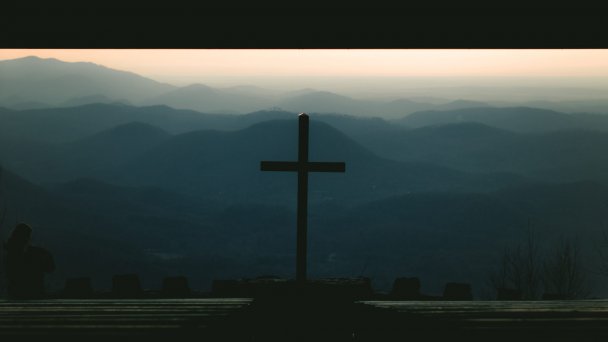Losing, and Why It’s Important
I don’t remember all the details of my senior year in high school, but two memories stand out to me. The first being the last volleyball game I ever played, and the second being the last speech and debate tournament I was in. I remember both of them, partly because they didn’t end in the way they do in the sappy high school movies. My volleyball team lost in the second round of our regional playoffs, and in speech and debate I lost out in the first round of a national tournament. No, I didn’t go on to play D1 volleyball or become a world-renowned public speaker, and my losing in those moments probably shows that. The losses stung, and they stuck with me for a while. Yet, looking back on those moments now, I can see how they were so important and needed in my own life.
Nobody likes losing. Maybe some of us aren’t as affected by losing as others, but typically nobody enjoys losing. Yet, when we lose, when we fall short, when we don’t do enough, it is a learning opportunity. It is a moment to reflect on what went wrong, to understand how to do better, and to therefore have an understanding as to everything we still gain even when we fail. Now, I don’t say all this giving you the reader a free pass to do whatever you want without consequences. Rather, I challenge you to always give 110%, and in moments where you don’t or where it isn’t enough, to learn from those moments rather than let them hold us back.
I remember in particular that last volleyball game. When we lost me and the other seniors were all pretty emotional because we finally realized it was over. This was the last time we would all play together, playing a sport we loved. Shortly after that loss, I was talking with my teammates and we realized how many moments there were in practices or games where we messed around or goofed off instead of being focused and motivated. Or how many moments we were sick and tired of all the practices and games and tournaments, and now that was the only thing we wanted.
Losing gives us an opportunity to grow, but it also gives us perspective. It can be easy to not know how good something is until we don’t have it anymore. Again, this doesn’t make the loss any easier, but it provides something for us. It gives us something tangible to take away from the experience that leaves us better off than we were before. It is alright to be sad or upset about the loss at the moment. What will really define what comes of that loss is how we choose to look at it afterward and what we choose to do with that.
I look back often in the days when I was playing volleyball or competing in public speaking. Those days were great, and they came and went. Maybe they didn’t end the way I wish they would, but that doesn’t mean I can’t learn something from them, or take away something that will end up helping me in the long run.


